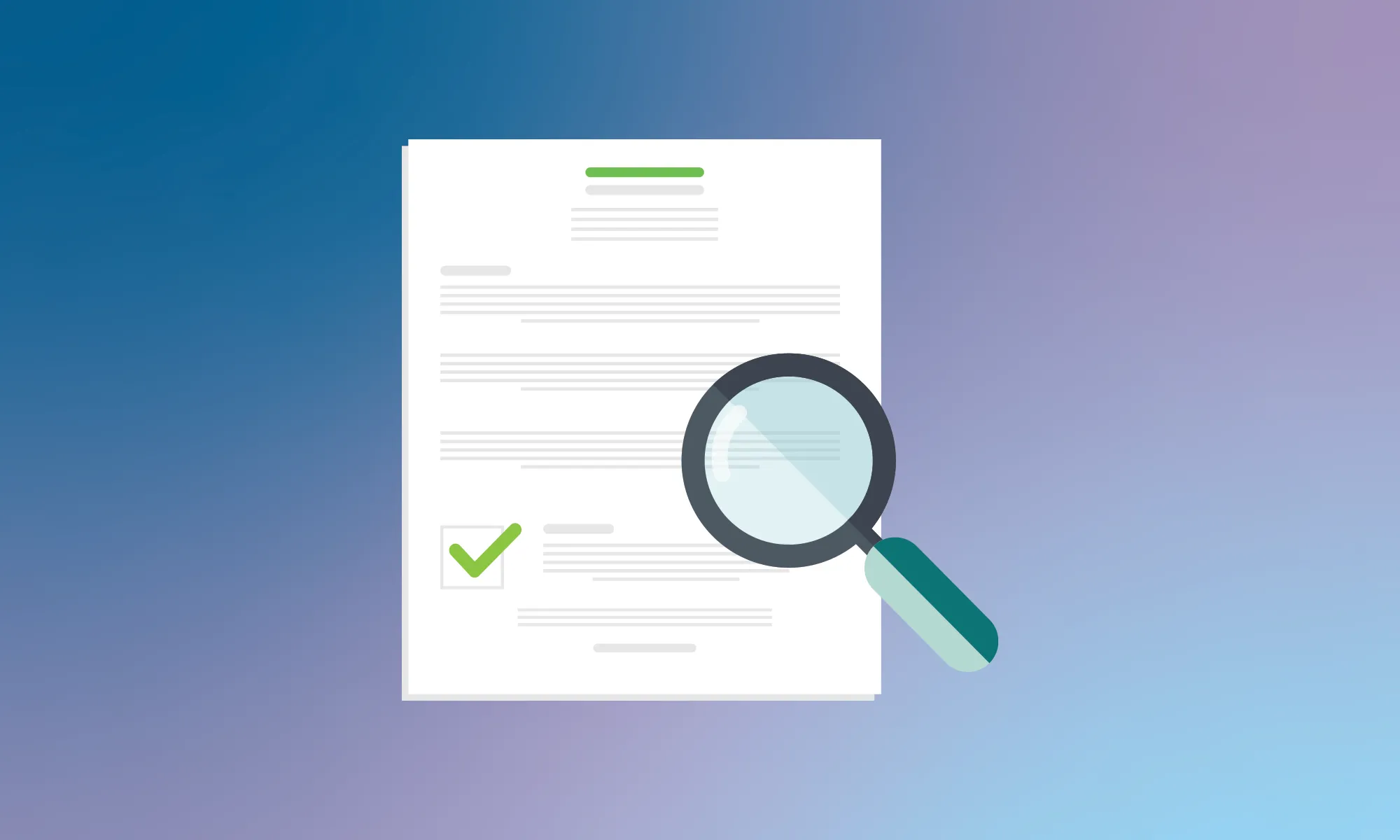Egypt VAT Guide for International Businesses
Summary
Standard VAT Rate
14%
Digital Reporting Requirements / E-invoicing
Yes
Sales Tax on Cross-Border Electronically Supplied Services
Yes
Tax Authority Website
Egyptian Tax Authority (مصلحة الضرائب المصرية)
VAT Rates in Egypt
The standard value-added tax rate (ضريبة القيمة المضافة) in Egypt is 14%. Certain services are exempt from Egyptian VAT, such as banking services, medicines, and health care services.
Special table tax rates - some goods and services are subject to table tax rates only (e.g. professional and consultancy services, media and program production), while some goods and services are subject to the table tax rate, and VAT rate as well (e.g. communication services through cellular phone networks, air conditioning units).
VAT Registration Thresholds in Egypt
- VAT registration threshold for domestic established sellers: EGP 500,000 annual turnover
- VAT registration threshold for non-established sellers: EGP 500,000 annual turnover
- VAT registration threshold for non-resident suppliers of Digital Services: EGP 500,000 annual turnover
- For professional and consultancy services: No threshold
Learn more about VAT on Digital Services in Egypt
Egyptian VAT Number Format
- Businesses receive a 9-digit tax registration number, which is also called an Egyptian Tax Identification Number.
- Individuals have a National Tax Identification Number, which also consists of 9 digits.
VAT on Digital Services in Egypt
Egypt introduced VAT on B2C digital services transactions on July 1, 2016. This is not to be confused with Digital Services Taxes (DST) which is an entirely different tax. In the case of B2B transactions, due to the reverse charge mechanism, this obligation is not applicable.
VAT Rate: Digital service providers are liable for 14% VAT for the sale of enumerated digital services.
Taxable digital services in Egypt include, but are not limited to the following services:
- Digital supply of audio-visual services (including but not limited to music, video, movies, games, e-books, and transmission of any event);
- Digital distribution platform;
- Online publicity services;
- Online training or education services;
- Rights for use or exploitation of intangibles.
Will your business need to pay VAT on digital services in Egypt in 2024?
Learn More About VAT on Digital Services in Egypt
Marketplace & Platform Operator Rules in Egypt
Egyptian VAT law has special value-added tax obligations for marketplaces and online platform operators. Online marketplaces and platforms are liable for VAT as these operators are considered intermediaries and are responsible for collecting VAT on behalf of the supplier of goods or provider of services, and for remitting it to the tax authorities. In addition, they may also be required to register for VAT and file regular VAT returns.
Invoice Requirements in Egypt
A tax invoice should include specific information such as:
- Document & general transaction information
- Invoice sequential number
- Invoice issuance date
- Supplier information
- Name, address, and registration number
- Customer information
- Name, address, and registration number if any
- Financial transaction information
- Item description and value
- The VAT rate or table tax rate and the VAT amount separately
- Invoice total value
E-Invoicing & Digital Reporting for Egypt
Egypt started the introduction of e-invoicing rules on November 15, 2020. The E-invoicing platform enables digital capturing of invoices circulating in the country, starting with business-to-business (B2B) invoices.
The ETA phased the rollout of e-invoicing for B2B companies across seven phases, starting with large taxpayers (first 3 Phases), followed by medium taxpayers and large free professions (Phase 4), and finally, joint stock and investment companies (Phases 5 & 6). Phase 7 includes all B2B taxpayers in Cairo, Giza, and Qalyubia.
Since July 1, 2022 business to consumer (B2C) invoices have come within the scope of e-invoicing obligations. B2C integration is also divided into 5 separate phases. Phases 4 and 5 are divided into certain groups, with taxpayers from different sectors.
Once a company is listed in any of the decrees, it is required to start integrating its system with the ETA’s API and report all of its invoices (B2B & B2C), credit notes, and debit notes to be compliant with the given deadline.
Registrants must issue an electronic tax invoice for each sale transaction, including e-signature and the certified unified code of the good or service provided. Since January 1, 2023, electronic invoices must be reported on the same day the invoice was issued.
Learn more about E-Invoicing and Digital Reporting in Egypt
Governmental Body Responsible for E-invoicing and Digital Reporting in Egypt
The government body responsible for regulating, enforcing, administering, and implementing taxation in Egypt is the Egyptian Tax Authority (ETA) (in Arabic: مصلحة الضرائب المصرية).
VAT Payments and Returns in Egypt
Full VAT Returns
Penalties in case of late filings or misdeclarations
In the case of the late filing of VAT returns and payments, the Egyptian Tax Authority enforces the following penalties:
- For late VAT payments, ETA charges 1.5% additional tax on the taxpayer per month or part of a month.
- For late filing of the VAT return, declaring inaccurate information in the return, or if the taxpayer does not submit a VAT return, the ETA is entitled to impose a penalty between EGP 3,000 and EGP 50,000 (approximately EUR 90 - 1,550).
- A penalty between EGP 50,000 and EGP 2,000,000 (approximately EUR 1,550 - 61,600) will be imposed if a VAT return is not submitted within 60 days of the due date.
- Tax evasion carries a penalty of EGP 5,000 to EGP 50,000 (approximately EUR 150 - 1,550) and/or imprisonment between 3 and 5 years. Tax evasion includes, but is not limited to, failing to register for VAT within the due date, failing to issue a tax invoice, failing to declare taxable revenues, or deducting input tax incorrectly.
- Taxpayers who do not report their invoices in time could face a penalty between EGP 20,000 and EGP 100,000 (approximately EUR 60 - 3,000).
- ETA is entitled to impose a penalty of up to EGP 50,000 (approximately EUR 1,550) for taxpayers who do not archive their paper/electronic invoices and documents for a 5-year period.
Disclaimer on Tax Advice
Fonoa does not provide professional tax opinions or tax management advice specific to the facts and circumstances of your business and that your use of the Specification, Site, and In addition, due to rapidly changing tax rates and regulations that require interpretation by your qualified tax professionals, you bear full responsibility to determine the applicability of the output generated by the Specification and Services and to confirm its accuracy. No professional tax opinion and advice. Fonoa does not provide professional tax opinions or tax management advice specific to the facts and circumstances of your business and that your use of the Specification, Site, and In addition, due to rapidly changing tax rates and regulations that require interpretation by your qualified tax professionals, you bear full responsibility to determine the applicability of the output generated by the Specification and Services and to confirm its accuracy.










